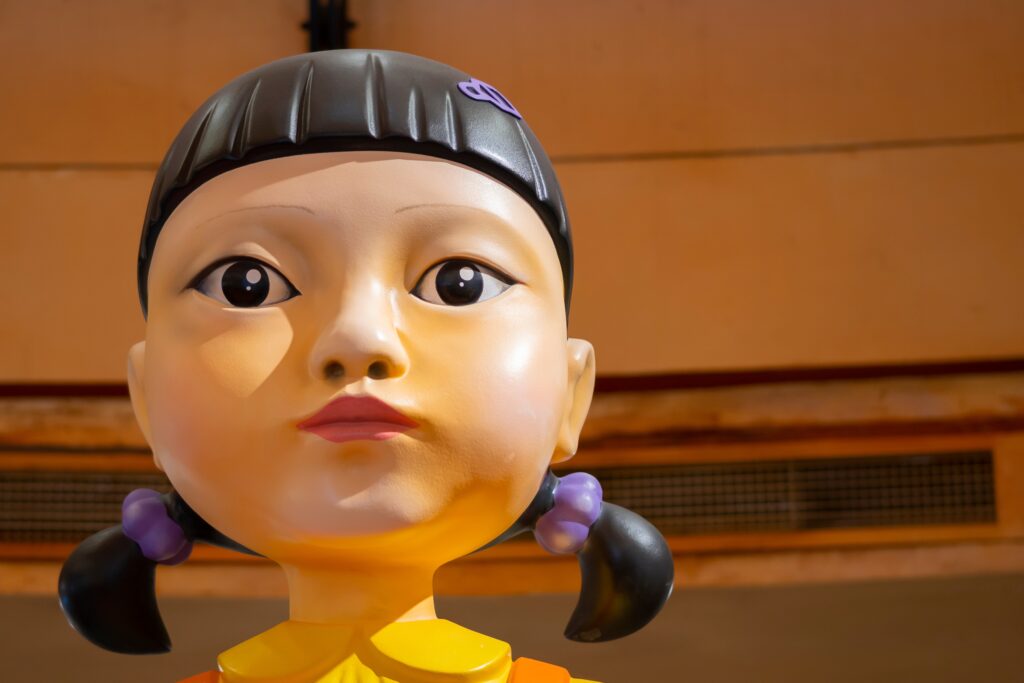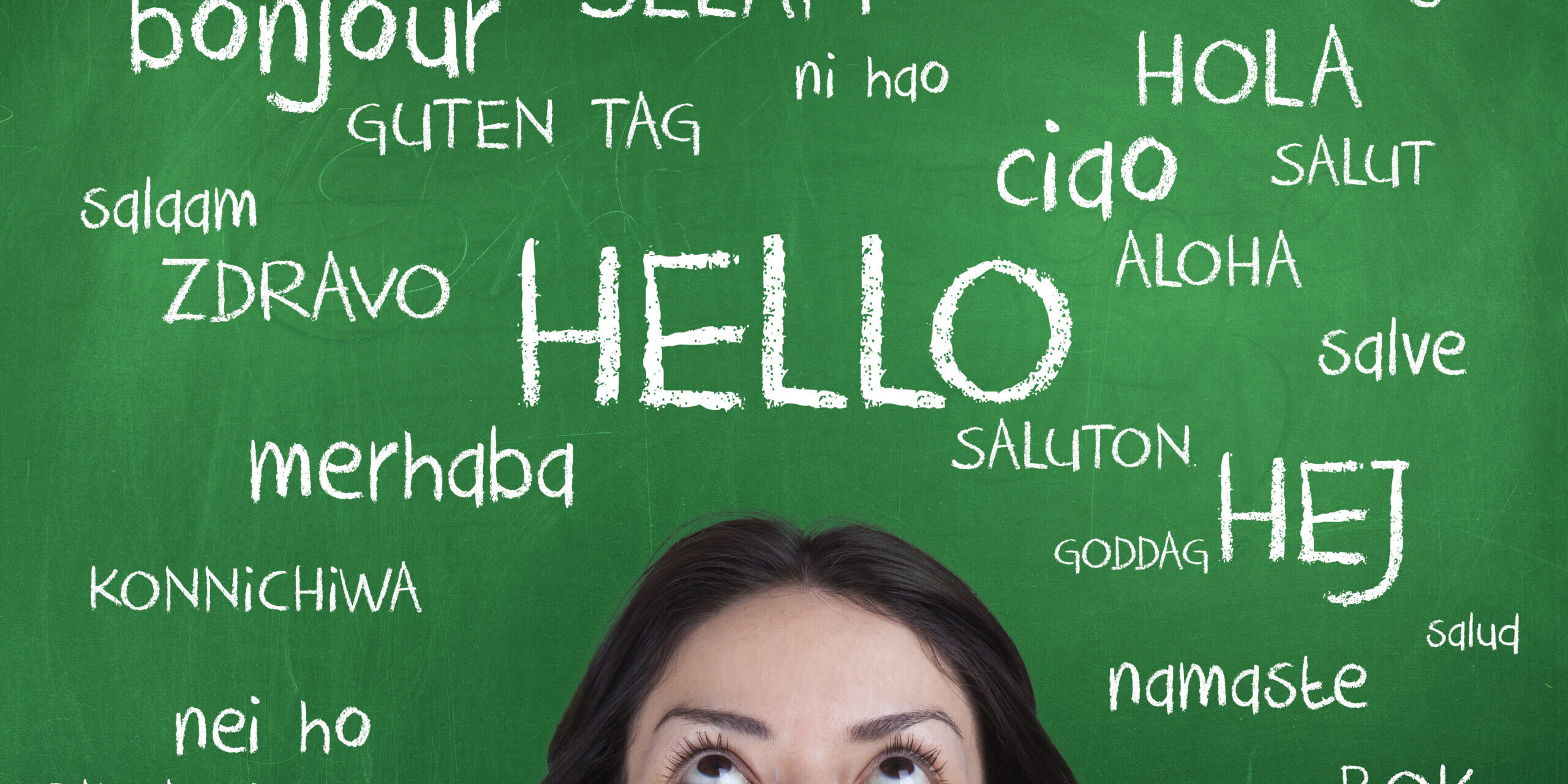‘To speak a single language is to be enclosed in one cultural possibility’ – Martin Hoffman
In an increasingly globalised world such as ours, it is often emphasised that the study of languages has an especially important part in capitalising on opportunities for international trade and relations. However, it is for most people, a fantastic way to learn about another’s culture, gain insight into different perspectives and develop stronger links with our neighbours: both near and far! Be it French, Spanish, Mandarin or Arabic, beginning the process of learning the language of your choice is a sure way to help broaden your mind and in turn, facilitate a more accepting take on others and their culture as well as expand our own world view. Amongst other benefits, the study of languages has also been credited with making us better at memorising things, being more aware and able to take notice of smaller details and has even been show to help people avoid dementia.
Learning a language is not only about picking up a new hobby or goal for yourself but it can also be of great help to those around you. As an example, you may be a foster carer who is helping a child with English as a second language, e.g. asylum seeker or trafficked young person, and having a grasp of the elements of language and the way that we learn can be extremely beneficial. Having a deeper connection and understanding with the learning process can mean that you are more aware of ‘difficult areas’ and means of communicating effectively, and this experience could mean you may be more understanding of another learner because of it!
To talk a little about my own experience with studying a language, I’m currently in my fourth year of learning Japanese at university and can confidently say that the process thus far has been both the most challenging yet most rewarding of experiences. I had elected to study Japanese on behalf of the fact that I wanted to learn about the country and its traditions and origins as much as I wanted to be able to read and understand the beautiful script. Over the years, I have come to be able to read and write over 800 characters from the alphabet, read light novels, converse with friends and teachers. As well as this, my studies have taught me a lot about Japan’s culture and society such as its work and office culture, traditional gender roles and expectations, the relationship between ancient religions such as Shintoism and modern-day customs, mythical creatures and legends as well as the discovery of some of my now favourite films and books. I have also made some good friends of both my fellow language learners and also exchange partners based in Japan! Suffice to say, it has been an overwhelmingly positive experience that I feel I am continually learning and developing from (both as a person and a language learner). It’s necessary to note however, that my “journey” is nowhere near over, in fact it has barely started. At some point, I might have found this discouraging. Why can’t I fully express myself in a casual conversation yet? Surely, I should be able to understand the news by now! However, I have come to appreciate the opportunity to learn something new and use my shortcomings as ways to create personal goals for myself – I would never have guessed that I would have been able to achieve what I had so far and this process has been my biggest motivator.
Making a start towards learning a language can be the most daunting part. I’m sure most of us can agree that the idea of being able to speak fluent Spanish is a lot more desirable than the prospect of starting at square one. In fact, those who give up learning a language will often try to quantify the process and view things in terms of a timeline, i.e.. When will I “finish” learning Spanish? How much of my precious free time will I have to sacrifice? However there is a reason we refer to it as ‘learning a language’ rather than a ‘learnt language’ because in fact, the study of language is not a finite process and we can constantly learn something new. Just step back and take a look at your own relationship with your first language and assuming that it is English, you likely make little mistakes here or there when speaking on a regular basis. You might pick up a book and come across a word that you’ve not seen before. This is why it is hard to class a language as “finished,” and furthermore why being “fluent” is also as difficult to define. Is fluent being able to have a free-flowing conversation with a native, is it when you develop your accept to a “native” standard, is it when you can fully express yourself as and individual in this second language? The answer is that it depends. Rather than viewing a language process as one that has a strict end-goal and the reward is fluency. Fluency is not a very concrete goal and it is perhaps better to make achievable goals such as: be able to hold a ten minute conversation with your Spanish friend without any big mistakes, or maybe giving a presentation on something that interests you. Furthermore, I think that it’s really important to cherish the new information and the knowledge that you are one step closer to your personal goal.
Learning language is meant to be fun! Take my Russian friend Polina for example, she hated her English lessons where they would pore over grammar point as if they were maths equations. Instead, she reclaimed her love for wanting to learn English by binge-watching 6 seasons of Gossip Girl. Then all 10 seasons of Friends. And it worked! As much as grammar and textbooks will give you a great base to your language learning, immersing yourself in native content will really drive home how the language is used in a real-life situations and you can also gain extra insight into the culture at the same time. My advice is: just simply do what you like to do in your own language and just (yep, you guessed it) do it in your second language instead! For example, if you enjoy watching movies or TV shows, why not take a look at the large amount of foreign media available on Netflix or similar services. Some of my personal recommendations would be Dark (German), Money Heist (Spanish), Squid Game (Korean) and The Handmaiden (Korean).
Learning a language does not mean that there’s only one way of going around things. In fact, it’s really flexible! If you don’t have a computer or phone, you can visit your local library who most often supply language learning software such as Rosetta Stone that you can then use on the public computers. There are many different apps and websites that can supplement your language learning experience that can offer language exchange (HelloTalk), language learning (Duolingo), flashcard making (Memrise or Anki) .Alternatively, there are dozens of videos on YouTube both for learning grammar points or just native content that can help you. Most importantly, the way you use these resources is completely within your control. You can use and do as much or little as you’d like. If you have only 10 minutes to spare per day (e.g. on a bus journey or on a morning walk), you can still make process and work towards your goal! There are simply no reasons not to speak another language; not only are we in an age where there are millions of free resources available, but having a global perspective is important and learning a language can allow you to learn more about the world we live in.
Lastly, remember to treat yourself and keep a goal in your mind. If your motivation starts to wane, why don’t you plan (not necessarily book!) a trip to a country where your language of choice is spoken – as when you start thinking about all the things you might like to do there, it can really put you back on track and keep the cogs turning again!
Sources
https://www.youtube.com/watch?v=v7lU8mwb770&ab_channel=UniversityofBirmingham Why Study Languages?
https://www.youtube.com/watch?v=l57XikZUURU How to stay motivated when learning a language
Other Interesting Resources
https://www.youtube.com/watch?v=HpTfl_GqPUs 9 Reasons To Learn Another Language
https://www.youtube.com/watch?v=BF83GlBo-d0 Why these multilingual school kids want to learn more languages
https://www.youtube.com/watch?v=r7SgI2mJ7Rs&ab_channel=Dogen The 8 (+1) Stages of Learning Japanese
https://www.youtube.com/watch?v=J_EQDtpYSNM&ab_channel=WhatI%27veLearned How to Learn a Language: INPUT (Why most methods don’t work)
by Jess Dobbs, Student

